Demon in the Freezer (2016)
Errol Morris' "Demon in the Freezer" is a short 17-minute documentary about the stockpiles of the smallpox virus that remain stored for research purposes.
Errol Morris' "Demon in the Freezer" is a short 17-minute documentary about the stockpiles of the smallpox virus that remain stored for research purposes.
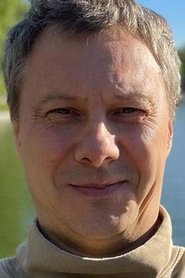 Sergei Popovself
Sergei Popovself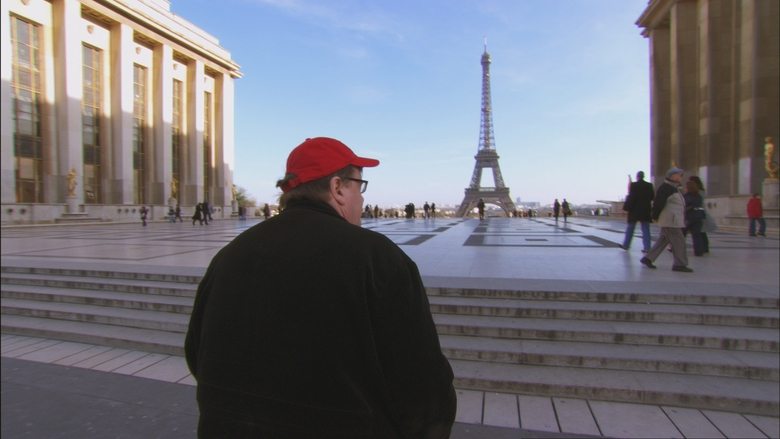
A documentary about the corrupt health care system in The United States who's main goal is to make profit even if it means losing people’s lives. "The more people you deny health insurance the more money we make" is the business model for health care providers in America.
Four young Americans who've each suffered a Traumatic Brain Injury emerge from their comas at a New Jersey medical facility. Their eyes may be open, but now the real challenge for each of the patients, their families, their doctors and their therapists begins. Brain healing isn't predictable, we're told, and certainly is not guaranteed. So with each 'major' step forward that is observed (opening one's eyes, bending a thumb upon command, vocalizing a word, answering a question correctly) comes a sense of jubilant relief and hope from the families of these patients, but as we soon see, the more a patient progresses, the more difficult things can be for all involved. Moments of faith & hope contrast with disappointments & frustrations, moments of confidence with moments of doubt. It's difficult to watch, and unimaginable to have to ever live through.
Benjamin Woolley presents the gripping story of Nicholas Culpeper, the 17th century radical pharmacist who took on the establishment in order to bring medicine to the masses. Culpeper lived during one of the most tumultuous periods in British history. When the country was ravaged by famine and civil war, he took part in the revolution that culminated in the execution of King Charles I. But it is Culpeper's achievements in health care that made him famous. By practicing (often illegally) as a herbalist and publishing the first English-language texts explaining how to treat common ailments, he helped to break the monopoly of a medical establishment that had abandoned the poor and needy. His book The English Physician became the most successful non-religious English book of all time, remaining in print continuously for more than 350 years.

With nutritionally-depleted foods, chemical additives and our tendency to rely upon pharmaceutical drugs to treat what's wrong with our malnourished bodies, it's no wonder that modern society is getting sicker. Food Matters sets about uncovering the trillion dollar worldwide sickness industry and gives people some scientifically verifiable solutions for curing disease naturally.
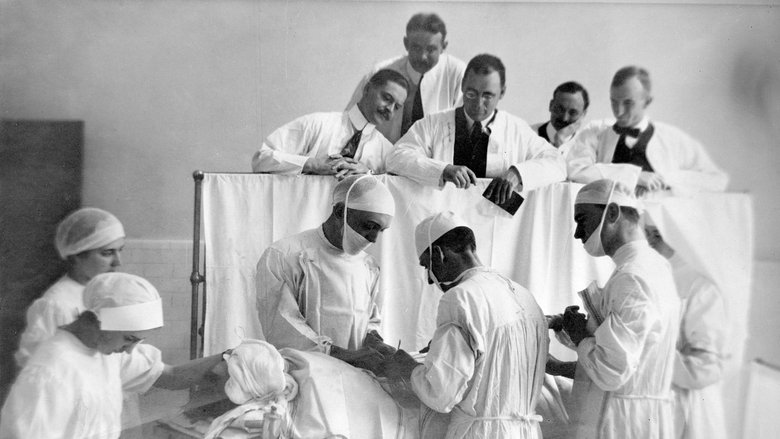
The Mayo Clinic tells the story of a unique medical institution that has been called a "Medical Mecca," the "Supreme Court of Medicine," and the "place for hope where there is no hope." The Mayo Clinic began in 1883 as an unlikely partnership between the Sisters of Saint Francis and a country doctor named William Worrall Mayo after a devastating tornado in rural Minnesota. Since then, it has grown into an organization that treats more than a million patients a year from all 50 states and 150 countries. Dr. Mayo had a simple philosophy he imparted to his sons Will and Charlie: "the needs of the patient come first." They wouldn't treat diseases...they would treat people. In a world where healthcare delivery is typically fragmented among individual specialties, the Mayo Clinic practices a multi-specialty, team-based approach that has, from its beginnings, created a culture that thrives on collaboration.
Robert Koch is one of the superstars of the scientific world. In countless publications, Robert Koch is enthusiastically celebrated as the savior of humanity, but on closer inspection, many aspects of his research appear questionable today and can only be understood in the context of his time. Koch's meteoric career in the Wilhelmine Empire is a prime example of how scientific discoveries are inextricably linked to the political and economic conditions of their time. The documentary sheds light on these conditions and interludes, drawing parallels to the problems facing infectious medicine today.
Scientist Mark Plotkin races against time to save the ancient healing knowledge of Indian tribes from extinction.
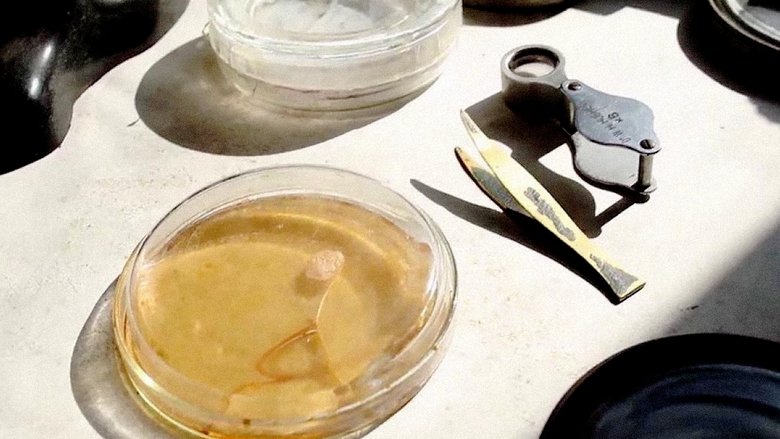
In the summer of 1928, the Scottish physician Alexander Fleming discovered penicillin by accident, but it would take two more decades and a world war before he and others succeeded in producing the antibiotic in such large quantities as to eradicate the epidemics of the time: typhus, syphilis, gangrene and tuberculosis.
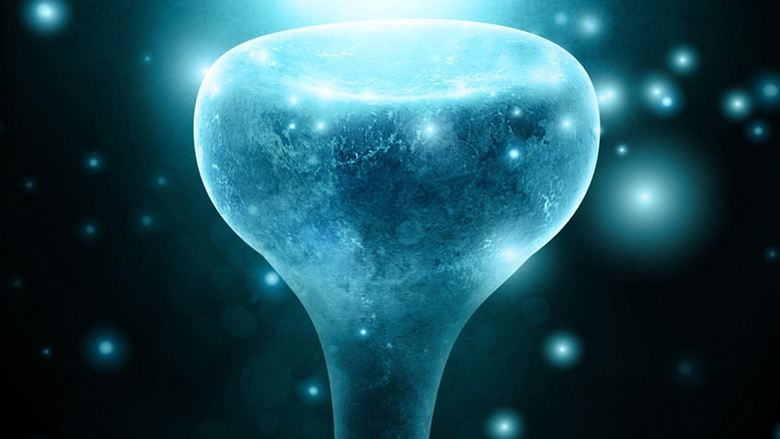
Through interviews with leading psychologists and scientists, Neurons to Nirvana explores the history of four powerful psychedelic substances (LSD, Psilocybin, MDMA and Ayahuasca) and their previously established medicinal potential. Strictly focusing on the science and medicinal properties of these drugs, Neurons to Nirvana looks into why our society has created such a social and political bias against even allowing research to continue the exploration of any possible positive effects they can present in treating some of today's most challenging afflictions.
Documentary written and presented by scientist Richard Dawkins, in which he seeks to expose "those areas of belief that exist without scientific proof, yet manage to hold the nation under their spell", including mediumship, psychokinesis, acupuncture, and other forms of alternative medicine.
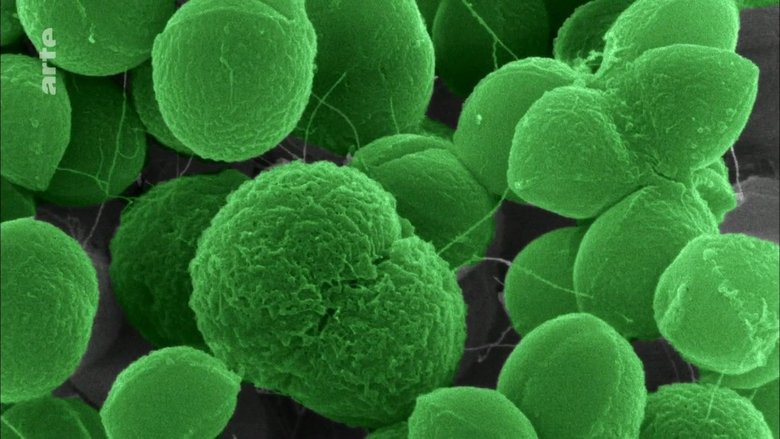
Dr. David Suzuki explains how antibiotics have been over prescribed for decades and it has led to the fact that now there are bacterial infections that are resistant to them, and people are dying by the thousands.
A chronicle of Nobel Prize winning physicist Marie Curie's little known yet invaluable contribution to wounded soldiers' treatment during World War I, and her professional partnership with radiotherapy pioneer Claudius Regaud.
Every year many new drugs come to market which offer hope to the sick and dying. This documentary film investigates just how far drug companies are prepared to go to get their drugs approved, what they will do to make sure they get the prices they want, and what happens when profits are put before people.
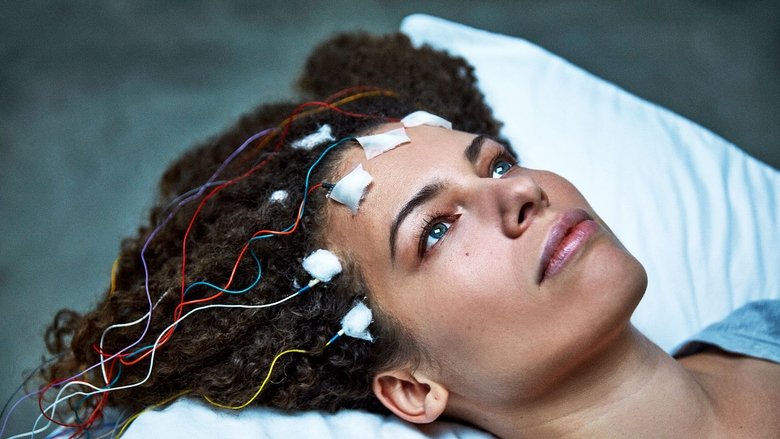
When Harvard PhD student Jennifer Brea is struck down at 28 by a fever that leaves her bedridden, doctors tell her it’s "all in her head." Determined to live, she sets out on a virtual journey to document her story—and four other families' stories—fighting a disease medicine forgot.
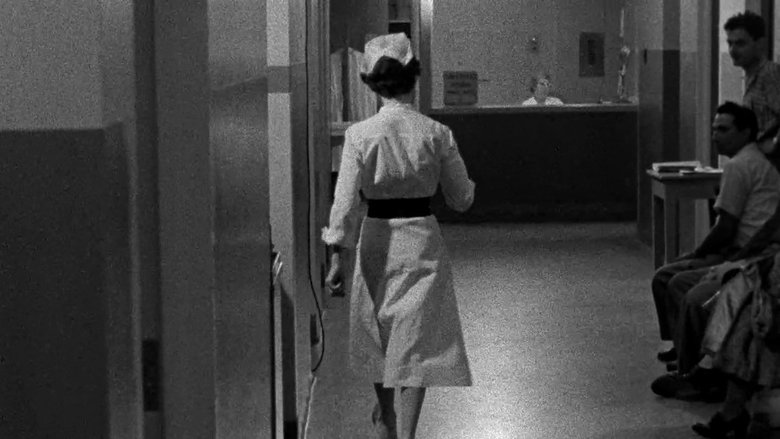
This 1959 documentary short is a frank portrait of the daily operations inside the Montreal General Hospital’s emergency ward.
This documentary chronicles the life of Jack Herer and his struggle for awareness and enlightenment of cannabis sativa, a.k.a. marijuana or hemp. His research into this plant culminates in his writing The Emperor Wears No Clothes: The Official Hemp Bible. He has dedicated his life to educating people about the history and many utilizations of hemp, the conspiracy against it, and ending marijuana prohibition.
Cancer is the only disease that has been defeated dozens of times without anyone knowing it. In the last 100 years, doctors, scientists, and researchers have developed diverse and effective solutions against cancer only to be thwarted by the political and propaganda power of the drug-dominated medical profession. This is the story of Essiac, Hoxsey, Laetrile, Shark Cartilage, Mistletoe, and Bicarbonate of Soda all put together in a stunning overview that leaves no doubt that inexpensive cures for cancer do exist but are systematically blocked by Big Pharma because they come from nature and cannot be patented. Highly informative.
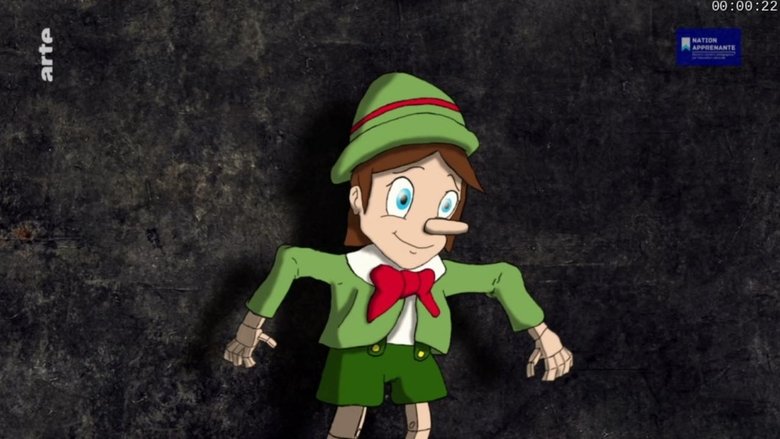
Everyone lies, even several times a day. Although this is considered immoral, it seems to be an ancient natural habit. Animals also tell lies for their own benefit. And not every lie is to be condemned. Some are considered a lubricant for daily coexistence. Scientists are trying to track down liars with lie detectors and thermal imaging cameras.
The film tells the stories of five people with special abilities who treat and heal their patients in an unconventional way. These charismatic healers from Germany, Austria and Switzerland are the subjects of this documentary which sets out to show how their old-school, arcane methods can serve as an addition to conventional, academic medicine.
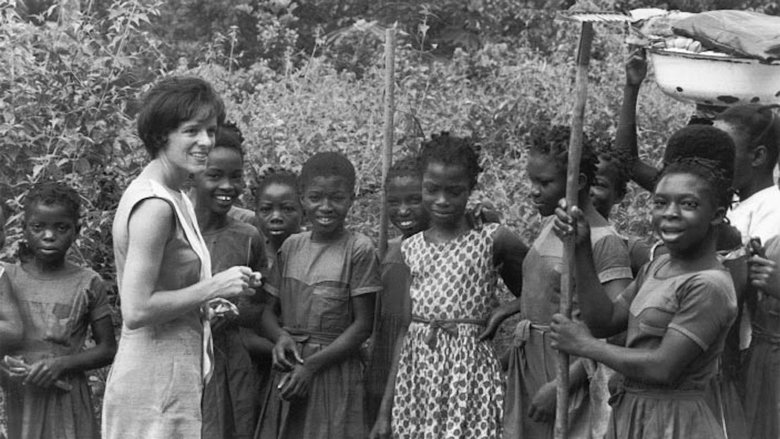
In Nigeria, a young Canadian doctor serves in a local mission hospital and learns much from the experience. Stationed abroad under the Canadian University Service Overseas Plan, Dr. Alex McMahon and his schoolteacher wife find every day a fresh challenge. An interesting study of intercultural help.